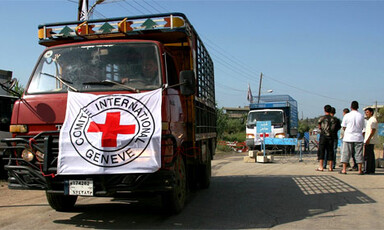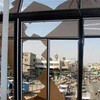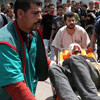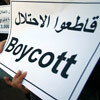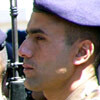
Reporting from the front: Interviews with PLO spokesman in Lebanon and PFLP official (Part 2)
Baddawi Refugee Camp 28 May 2007
“Honestly, the first day there was sympathy for the soldiers that were killed. But after the shelling started we felt that the targets were not Fatah al-Islam, but rather the Nahr al-Bared camp. … At the end of the day, there is a people that is being shelled and people are dying.” Jackson Allers and Rasha Moumneh interview PFLP official and Treasurer of the Committee for the Festival of Right of Return in the second of a two-part series. Read more about Reporting from the front: Interviews with PLO spokesman in Lebanon and PFLP official (Part 2)


